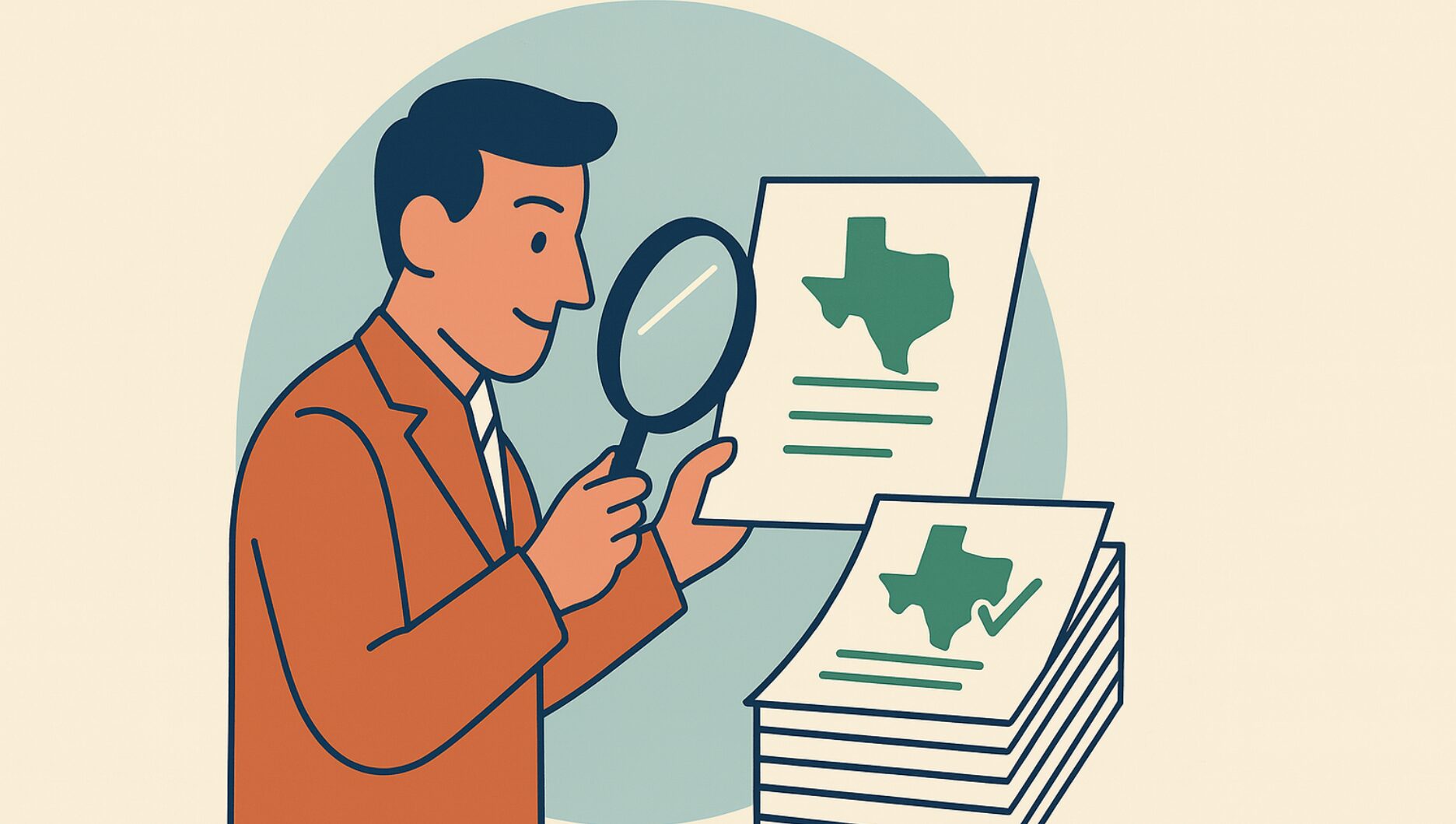The following piece is taken from Dr. Vance Ginn’s Testimony to the Texas House Select Committee on Sustainable Property Tax Relief:
Over the last decade, the Texas Legislature has made some progress in providing property tax relief, but the housing affordability crisis demands more action. Moreover, property taxes are not just a financial burden but are fundamentally immoral as they force Texans to perpetually rent from the government, functioning as unrealized capital gains and wealth taxes paid annually. This system makes it difficult for many families to build or pass on a legacy. As noted in the following three charts, property taxes have risen too fast for too long.
Last session, despite a $32.7 billion surplus, the Texas Legislature allocated just $12.7 billion to new property tax relief. Meanwhile, the state budget increased by a record 32% in state funds from GAA appropriations to appropriations, which is unsustainable.
Although this was the second-largest tax relief amount in Texas history, property taxes barely changed last year because of excessive spending and debt increases by local governments.
The property tax data in the chart above were presented by the Texas Comptroller’s Office during the Texas Senate Committee on Finance hearing on September 4, 2024. In my testimony that day, I included data showing an increase of $165 million in total property taxes collected because my calculations were based on what the Comptroller had on their website then. However, the Comptroller’s Office has since updated its website with the latest data. I should note there are 12 ISDs without final property tax data in its spreadsheet because of court cases to finalize valuations and property tax amounts due. This means the amount of property taxes collected in 2023 could be higher than the Comptroller’s Office estimates, likely negating the decline estimate.
How did this relief happen?
We should note that school district property taxes did not go down by $12.7 billion. Last year, the Texas Legislature allocated this amount toward reducing school district maintenance and operations (M&O) property tax rates by 10.7 cents per $100 valuation and raising the homestead exemption by $60,000 to $100,000 in 2023. Based on the latest available data, these measures reduced total school district property taxes, which includes M&O and I&S for debt, by nearly $4.3 billion because school districts raised their property taxes levied by increasing M&O spending and I&S debt.
While about $6.4 billion of the $12.7 billion was allocated to accomplish this relief, the other $6.3 billion is reserved to maintain the relief in the next fiscal year. Texans receive only about 33% of the total from their surplus dollars in relief. This is not a good return for taxpayers because the relief was not directed toward helping everyone, and local governments continued to tax too much so they could spend more.
Rather than allocating all $12.7 billion to reduce school district M&O property tax rates to help everyone with a homestead, rental, or business property, the Legislature chose to pick winners as those with a homestead and losers as those without. In addition to the fact that school districts and other local governments increased spending and taxes excessively, total property taxes levied across the state may have declined slightly by -0.42%. This is the second-best relief since 1998, after a decline of -1.03% in 2007.
But this could have been the largest relief had the Texas Legislature used more of the $32.7 billion surplus toward compressing school district M&O property tax rates, freezing school district property taxes so that when they are cut, they go down by the full amount, imposing a spending limit on local governments, and capped all other property taxes at the no-new-revenue rate for voters to approve any tax increase.
The path forward is clear: spend less and reduce property tax rates rather than complicating the housing market with homestead exemptions, discounts, and abatements that make elimination more difficult because it drives property tax rates higher than otherwise. Texas can eliminate property taxes with three simple cap, pass, and allocate (CPA) steps:
- Cap property taxes to the no-new-revenue rate and freeze school district M&O taxes.
- Pass sustainable budgets that limit government spending, with a strong spending limit based on a maximum rate of population growth plus inflation at the state and local levels, like Colorado’s TABOR, but better is a Frozen Texas Budget of no growth or less spending by at least 10%.
- Allocate at least 90% of surplus revenue by the state to compress school district M&O property tax rates to eliminate them in about a decade, ending Robin Hood and having taxpayers pay 100% of these taxes through the state. This should include less spending on public education with more efficient universal education savings accounts. Local governments should allocate their surpluses to reduce their property tax rates to zero.
This CPA process will help curb soaring property taxes and pave the way for a more prosperous future without property taxes to preserve life, liberty, and prosperity.
Vance Ginn, Ph.D., is president of Ginn Economic Consulting and contributor to more than 15 think tanks, including Americans for Tax Reform and Texans for Fiscal Responsibility. Dr. Ginn was previously a lecturer at multiple higher education institutions, chief economist at the Texas Public Policy Foundation, and chief economist at the White House’s Office of Management and Budget. He earned his doctorate in economics at Texas Tech University. Follow him on X.com at @VanceGinn and get more of his research at vanceginn.com.
Texans for Fiscal Responsibility relies on the support of private donors across the Lone Star State in order to promote fiscal responsibility and pro-taxpayer government in Texas. Please consider supporting our efforts! Thank you!
Get The Fiscal Note, our free weekly roll-up on all the current events that could impact your wallet. Subscribe today!




